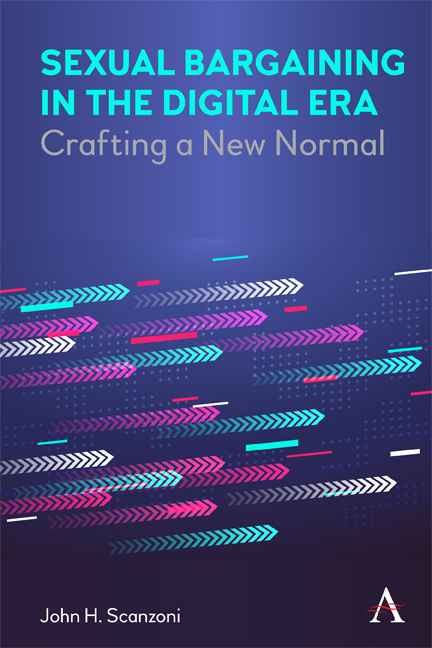Book contents
- Frontmatter
- Dedication
- Contents
- Acknowledgments
- Introduction
- 1 “What’s a ‘Normal’ Family, Anyway?”
- 2 What Went Wrong the First Time Around?
- 3 Getting It Right This Time Around— The Economic Sphere
- 4 Getting It Right This Time Around— The Sphere of Sexualities and Reproduction
- 5 Getting It Right This Time Around— Negotiating Women’s Autonomy
- 6 Getting It Right This Time Around— Creating Social Policies and Programs in Sync with the New Normal
- 7 “The Arc of the Moral Universe […] Bends Toward Justice”
- References
- Index
- Frontmatter
- Dedication
- Contents
- Acknowledgments
- Introduction
- 1 “What’s a ‘Normal’ Family, Anyway?”
- 2 What Went Wrong the First Time Around?
- 3 Getting It Right This Time Around— The Economic Sphere
- 4 Getting It Right This Time Around— The Sphere of Sexualities and Reproduction
- 5 Getting It Right This Time Around— Negotiating Women’s Autonomy
- 6 Getting It Right This Time Around— Creating Social Policies and Programs in Sync with the New Normal
- 7 “The Arc of the Moral Universe […] Bends Toward Justice”
- References
- Index
Summary
While relaxing near the complimentary coffee dispenser at my local supermarket (pre-COVID-19), an African American man, whom I had never seen before nor have seen since, approached from out of nowhere. Mid-life and middle class, he had a warm smile and an entirely disarming demeanor. After the obligatory exchange of pleasantries, “Hello, how are you?,” what he said next took me by complete surprise: “You look like someone who's been around for a while, and maybe you can tell me what's happening. With all this bad stuff going on everywhere you look, what do you think the world's coming to?”
I have no idea why he thought to confront a total stranger with a ponderous existential question debated since the days of the ancient Greek philosophers. I could see he wasn't joking, but he did have an agenda: He was hoping I’d agree with his premise that the world is in fact getting worse by the day and that the old cliché really is true— we’re going to hell in a handbasket! Although it did not occur to me at the time, I wondered later if he thought I might perhaps join him in reciting the now infamous mantra, “Make America great again!”
He reminded me of those students in my university classes on families, genders, relationships, and sexualities who share an equally downbeat view of life. To counter their pessimism, I pose a decidedly upbeat possibility: “Over the long haul might things actually be getting better?” But when I suggested that idea to my acquaintance he immediately lost interest, and with a disappointed glance he turned around and vanished into the crowded store as suddenly as he’d appeared.
I regret that I failed to ask him what America was like before it started “going to hell.” I wonder what he would have said. A 2019 study from the Gallup research group offers a partial glimpse into what America looked like during the decades prior to the celebrated August 1969 Woodstock music festival compared to what it looks like today. Called “10 Major Social Changes in the 50 Years since Woodstock,” the author observed that “Woodstock wasn't so much a catalyst for change as a signal that it was coming. Woodstock was […] symptomatic of major societal changes underfoot.”
- Type
- Chapter
- Information
- Sexual Bargaining in the Digital EraCrafting a New Normal, pp. 1 - 6Publisher: Anthem PressPrint publication year: 2021



